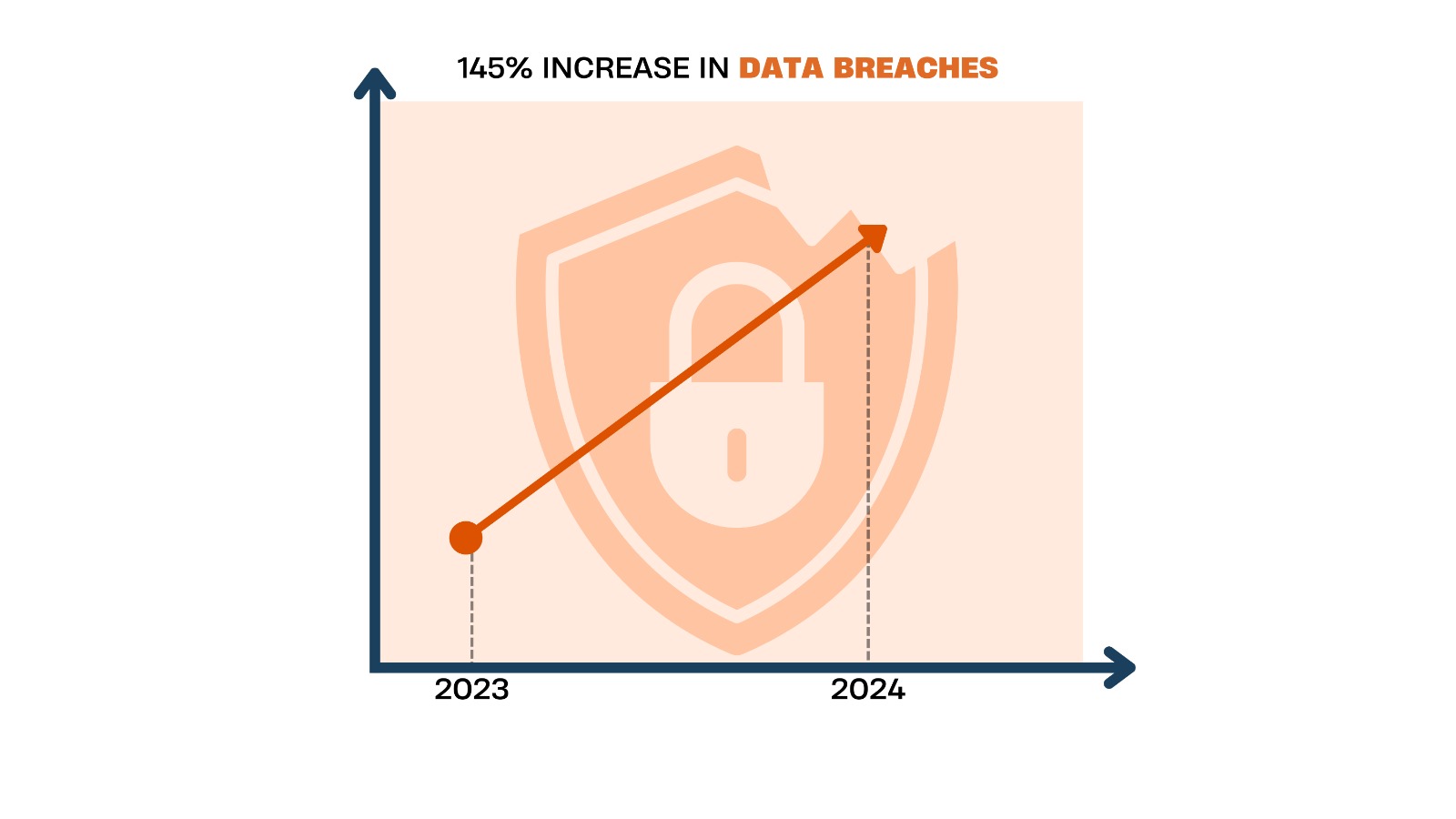In the heart of Singapore’s bustling business district, CFO Sarah Tan sits at her desk, reviewing the latest headlines about another major data breach affecting a local company. Like many business leaders in Singapore, she’s increasingly concerned about the security of her company’s outsourced payroll data. And she’s right to be worried.
The Growing Threat Landscape
Singapore has witnessed a dramatic surge in data breaches over the past few years. According to the Cyber Security Agency of Singapore’s annual report, the city-state saw a 145% increase in data breaches between 2023 and 2024, with payroll data becoming an increasingly attractive target for cybercriminals.

Why? Because payroll data is a goldmine of sensitive information. It contains everything from personal identification numbers and bank account details to salary information and home addresses – exactly the kind of data that commands high prices on the dark web.
The Reality of Outsourced Payroll Security
When you outsource your payroll processing, you’re essentially trusting a third party with your employees’ most sensitive data. While this brings operational efficiency and expertise, it also introduces new security considerations. Here’s what Singapore businesses need to know:
Regulatory Framework
The Personal Data Protection Act (PDPA) and the Cybersecurity Act provide the backbone for data protection in Singapore. Organizations handling payroll data must comply with these regulations or face severe penalties. Recent amendments have strengthened these requirements, making organizations more accountable for data breaches.
Common Vulnerabilities
The most significant risks in payroll data security often come from:
- Inadequate encryption during data transmission
- Poor access control mechanisms
- Outdated security protocols
- Human error in data handling
- Insufficient third-party vendor assessment
Also Read: How Payroll Management Services Enhance Employee Satisfaction and Retention
Securing Your Outsourced Payroll Data
For Singapore businesses looking to protect their payroll data, here are essential security measures to implement:
1. Vendor Due Diligence
Before partnering with a payroll service provider, conduct thorough due diligence. Ask about their:
- Security certifications (ISO 27001, SOC 2)
- Data encryption standards
- Backup and disaster recovery procedures
- Employee screening processes
- Incident response plans
2. Data Protection Agreements
Ensure your service level agreements (SLAs) include robust data protection clauses. These should clearly outline:
- Data handling procedures
- Security requirements
- Breach notification protocols
- Liability terms
- Exit strategies
3. Regular Security Audits
According to a recent study by KPMG Singapore, organizations that conduct regular security audits are 76% less likely to experience significant data breaches. Implement quarterly security assessments of your payroll provider’s systems and processes.
Emerging Technologies and Future-Proofing
The landscape of payroll security is evolving rapidly. Advanced technologies are reshaping how we protect sensitive data:
Blockchain Integration
Some innovative payroll providers in Singapore are now implementing blockchain technology to create immutable audit trails and enhance data security. This technology provides an additional layer of protection against unauthorized modifications.
AI-Powered Security
Artificial Intelligence and Machine Learning are being deployed to:
- Detect unusual patterns in data access
- Identify potential security threats before they materialize
- Automate security responses
- Monitor compliance in real-time
Also Read: A Guide to Understanding ABSD Singapore Regulations
Taking Action
As we progress through 2025, Singapore businesses must take proactive steps to secure their outsourced payroll data. Start by:
- Reviewing your current payroll provider’s security measures
- Updating your data protection policies
- Training employees on security best practices
- Implementing multi-factor authentication
- Regularly testing incident response procedures
Conclusion
While data breaches remain a significant concern in Singapore’s business landscape, proper security measures and vigilant oversight can substantially reduce risks when outsourcing payroll services. By understanding the threats, implementing robust security measures, and staying informed about emerging technologies, organizations can better protect their sensitive payroll data.
Remember, security isn’t a one-time implementation but an ongoing process that requires constant attention and updates. As cyber threats evolve, so too must our security measures.






